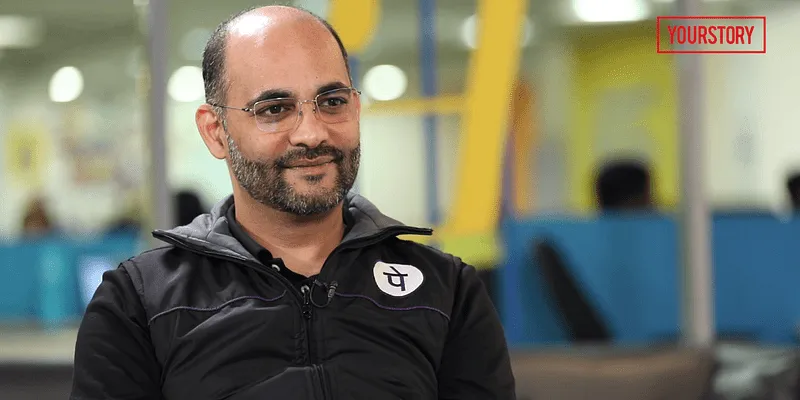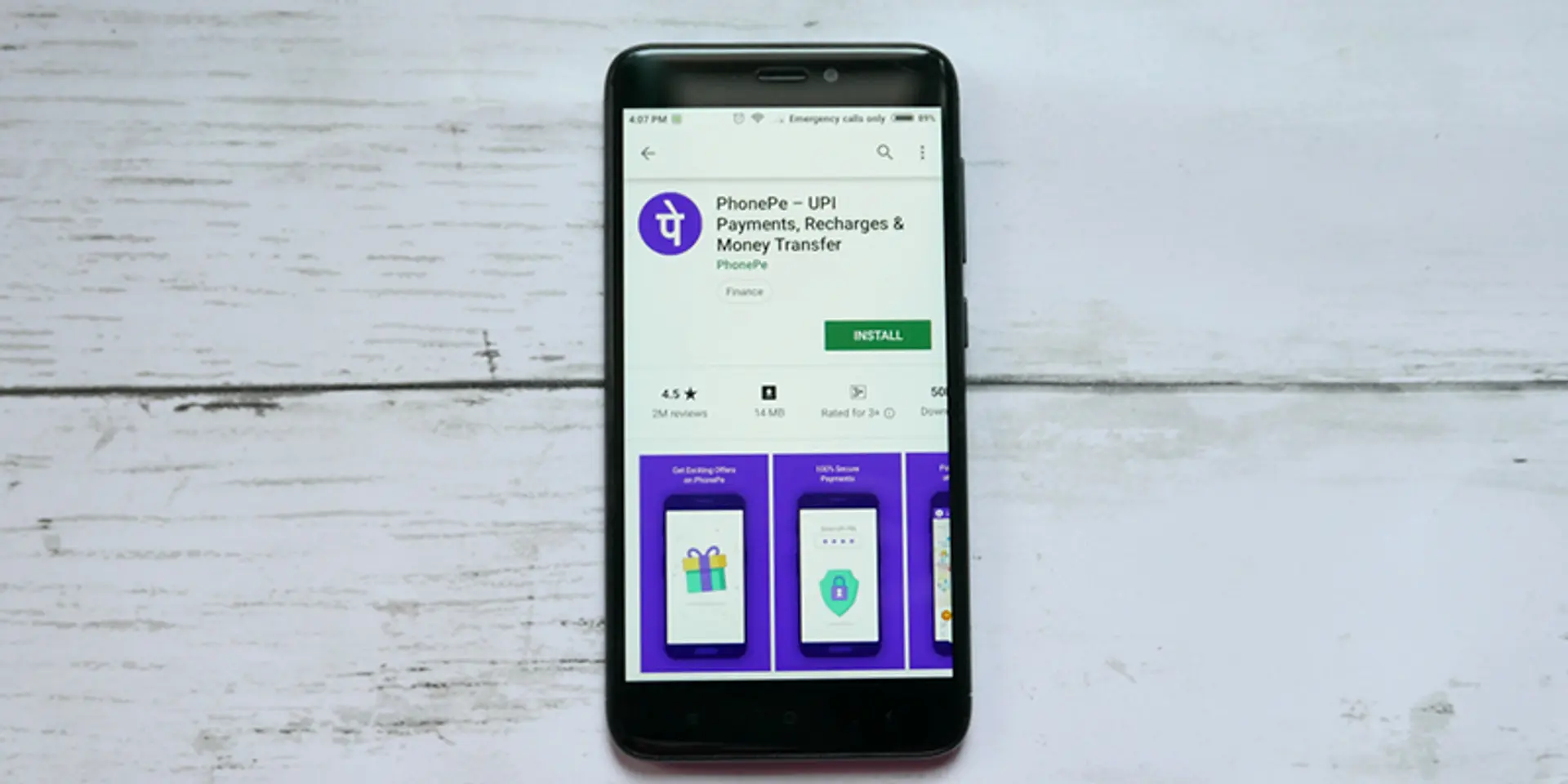Shifting from Singapore to India cost PhonePe investors Rs 8,000 Cr in taxes
During a live session, Sameer Nigam, Co-founder and CEO of PhonePe, said Indian laws pose several challenges for startups that want to shift domicile to India.
Payments and financial services decacorn revealed that its investors paid almost Rs 8,000 crore in taxes to move the company's headquarters from Singapore to India.
Sharing the transition details during a live session on YouTube with Co-founder and CTO Rahul Chari, Sameer Nigam, Co-founder and CEO of PhonePe, said Indian law poses several challenges for startups that want to shift their domicile to India. He said at least 20 existing unicorns want to shift their base to India if regulations are simplified.
He said that certain obstacles present the need for more progressive laws that allow startups to move back to India.
“For example, if you want to move from any other market to India as a domicile, it’s treated like a capital gains event for existing investors. So you need to have a fresh market valuation and pay tax on the delta,” the CEO said.
Sameer continued, “Our investors have paid almost Rs 8,000 crore in taxes just to allow us to come back to India, and that is a very stiff shock if a business is not yet at maturity.”

In October 2022, the fintech firm moved its domicile to India, followed by its separation from Flipkart, which acquired it in 2016. PhonePe recently raised a large late-stage round of $350 million at a valuation of $12 billion from General Atlantic, becoming a decacorn.
Another challenge was convincing several thousand employees to return to a “zero-vesting one-year cliff” or a reset of the vesting period for their stock options.
“The law in India says if you migrate, you still have to start with a new one-year cliff. It's very hard for startups, particularly early-stage startups, to convince employees that their ESOP vesting status reverts back to zero,” the CEO said.
The co-founder also highlighted challenges around accumulating losses that can be offset once the company becomes profitable.
“One thing that’s very common in pre-profits startups is that you are accumulating losses, and later when companies become profitable, you get to offset the losses to save some tax. By domiciling to India, we stand to lose about $900 million of accumulated losses because this is treated as a restructuring event,” he said.
No specific timeline for IPO
Talking about PhonePe’s future strategy, Rahul said, “We will be looking at launching new products and offerings—be it lending on the merchant side, lending on the consumer side, a lot of new open API initiatives like account aggregator and ONDC. I think India is just going to explode on the digital front, and with the kind of patient capital backing us, we'd love to actually play a small role and move it over time.”
While the co-founders did not share a definite timeline for the IPO, they said the decision will be made only after achieving certain parameters, including profitability at scale and diversification.
Speaking about the separation of ownership with Flipkart, the CEO said, "It is a big investment of time, money, and effort. And when we started having discussions on a long-term view, it became clearer that these two companies are on very, very different tracks strategically, as well as market-wise. So it made more sense to separate the two entities."
Sameer said it allows PhonePe to bring in other investors who may have their investment strategies aligned to fintech and payments.
Edited by Kanishk Singh








